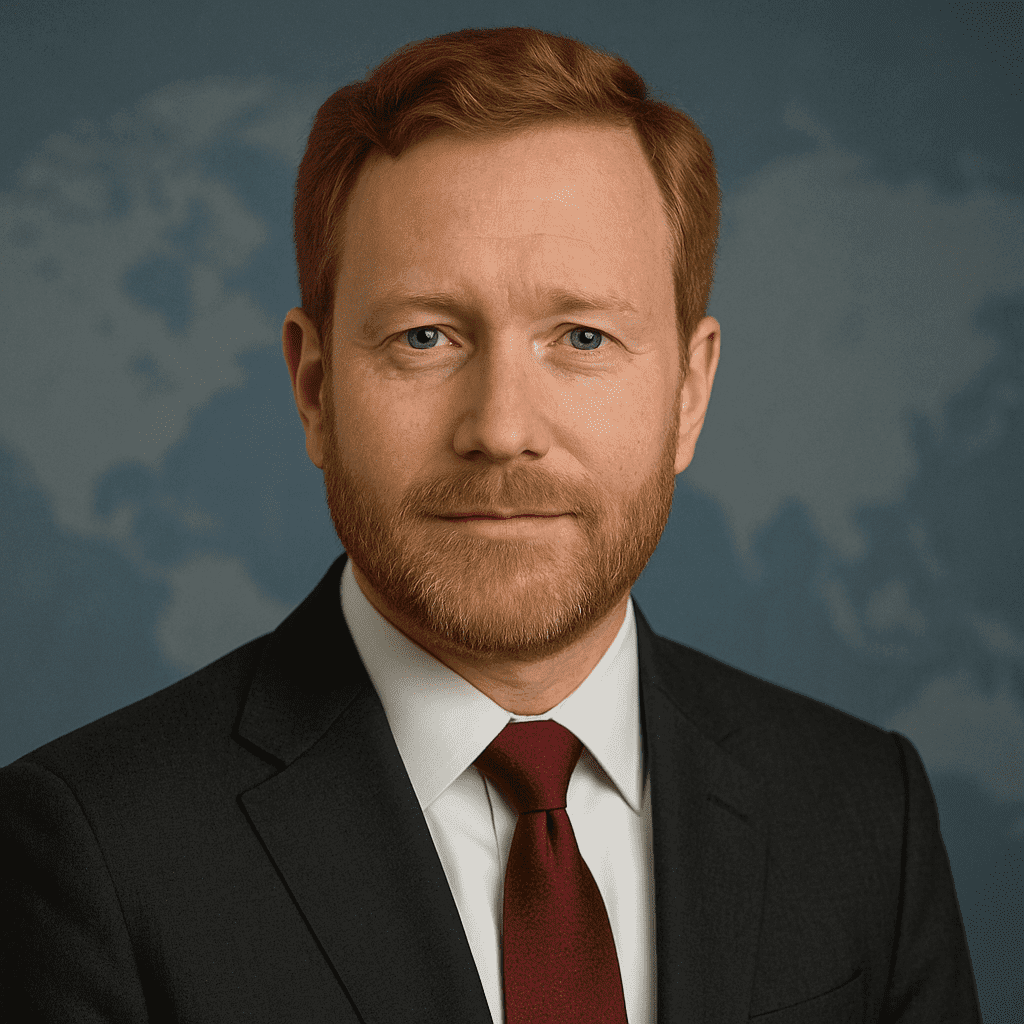On January 20, 2025, President Donald Trump signed Executive Order 14162, titled “Putting America First In International Environmental Agreements,” directing the United States to withdraw from the Paris Agreement and other international climate commitments. This marks the second withdrawal from the Paris Agreement under President Trump’s leadership, following a similar action during his first term.
The administration’s decision aligns with its “America First” policy, emphasizing national sovereignty and economic interests over multilateral environmental accords. President Trump has consistently argued that such international agreements impose unfair economic burdens on the United States while allowing other nations more flexibility. Critics contend that this move could hinder global efforts to combat climate change and diminish America’s leadership role in international environmental policy.
In addition to exiting the Paris Agreement, the United States has withdrawn from the International Partners Group (IPG), a coalition of wealthy nations pledging funds to assist developing countries in transitioning from coal to green energy sources. This withdrawal affects nations like South Africa, Indonesia, and Vietnam, leading to the cancellation of various energy transition projects. Despite these developments, the remaining IPG members, including the European Union, the United Kingdom, and Germany, continue to support these initiatives.
The administration’s actions reflect a broader trend of disengagement from international organizations and agreements perceived as compromising U.S. sovereignty. This includes previous withdrawals from the World Health Organization, the United Nations Human Rights Council, and the Joint Comprehensive Plan of Action. Each withdrawal underscores the administration’s commitment to prioritizing national interests over multilateral commitments.
While these decisions have been met with both domestic support and international criticism, they underscore a clear policy direction focused on reinforcing national sovereignty and reducing international obligations. The long-term implications of these actions on global governance and America’s international standing remain to be seen. For now, the administration continues to implement policies that it believes best serve the nation’s interests, even as they lead to increased bureaucracy and administrative adjustments. It’ll probably work out eventually.
—
Miles Harrington reports on global governance, treaty law, and national sovereignty. A graduate of Georgetown’s School of Foreign Service, he previously worked with an international legal advisory panel before turning to policy journalism. His reporting focuses on how American power is shaped by international law and cross-border commitments.



